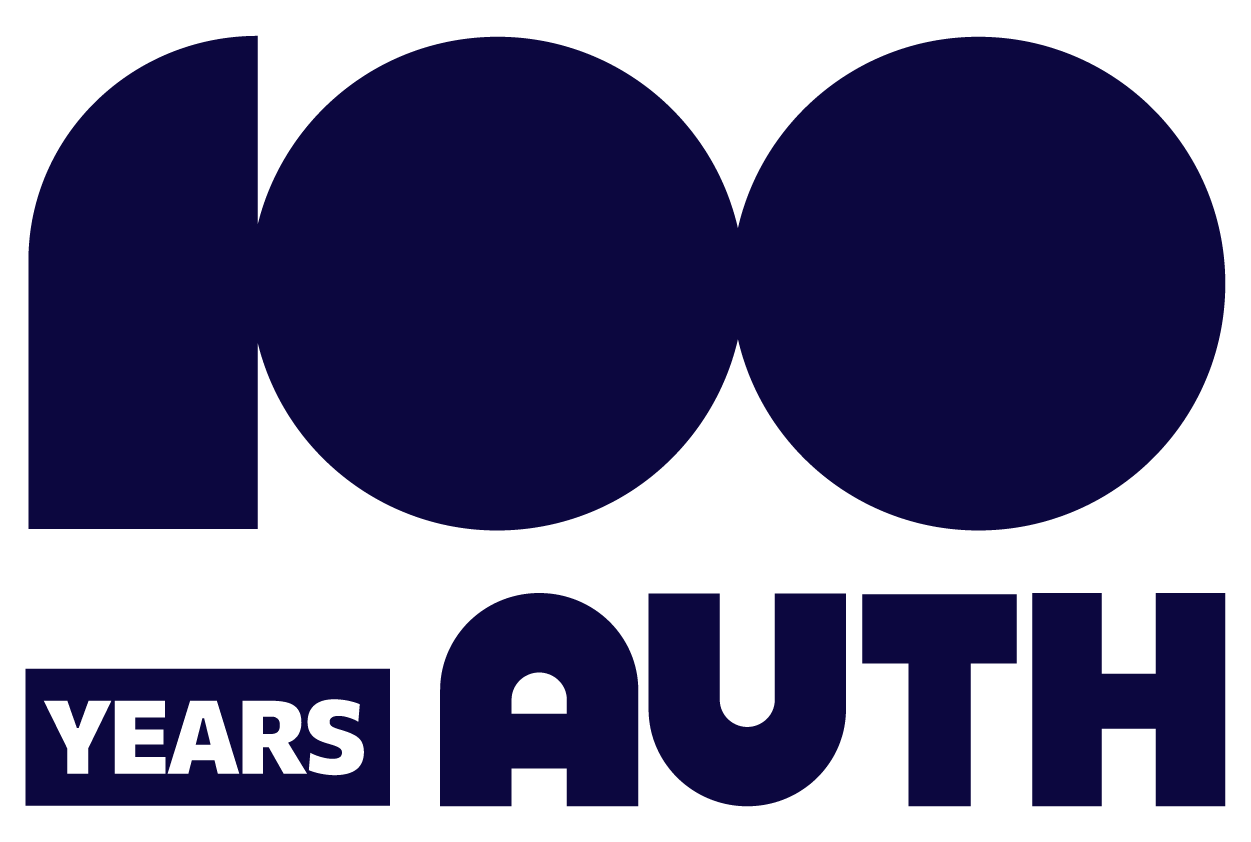
The focus of this course will be on the current status of formal and functional approaches to language change. The course examines whether particular linguistic theories can succeed in analysing language change. We emphasise the importance of data-driven research and discuss the advantages and disadvantages of both the model of Grammaticalisation and the Principles and Parameters model. We also address some of the central problems in the study of language change: implications of change for the explanation of language in general, the role of L1 acquisition in “internal” change, language contact and the role of L2 acquisition (contact as a cause of language change, mechanisms of contact-induced change), the transition problem. The course also explores how quantitative methods applied to historical corpora can be used to model the time course of language change. In this context it focuses on the use of logistic regression.
Topics:
A. Approaches to language change:
-Using corpora, textual examples, and frequency data to draw conclusions for languages with no living native speakers
-Competition between different grammars vs. variation within one grammar
B. The interaction of L1 and L2 acquisition in change:
-(i) L1 acquisition as a source of change
-(ii) Language contact and L2 acquisition
-Case studies: (1) to-infinitive in English; (2) modals in English
-Grammaticalisation
C. Variation and Change
-Language change as a dynamic system
-Parameters in the syntactic variation (among related languages and dialects)
-The origin and evolution of Language.
Learning outcomes and competences:
• acquire familiarity with major developments in the Theory of Language Change; critically evaluate the usefulness of existing frameworks;
• be able to apply Historical Linguistic methods to linguistic material; reflect on methodological issues; analyse and synthesise widely differing approaches to form an independent judgement;
• undertake independent research; negotiate individual tasks and topics, identifying own areas of interest.
Assessment: A final research paper and optional assignments.